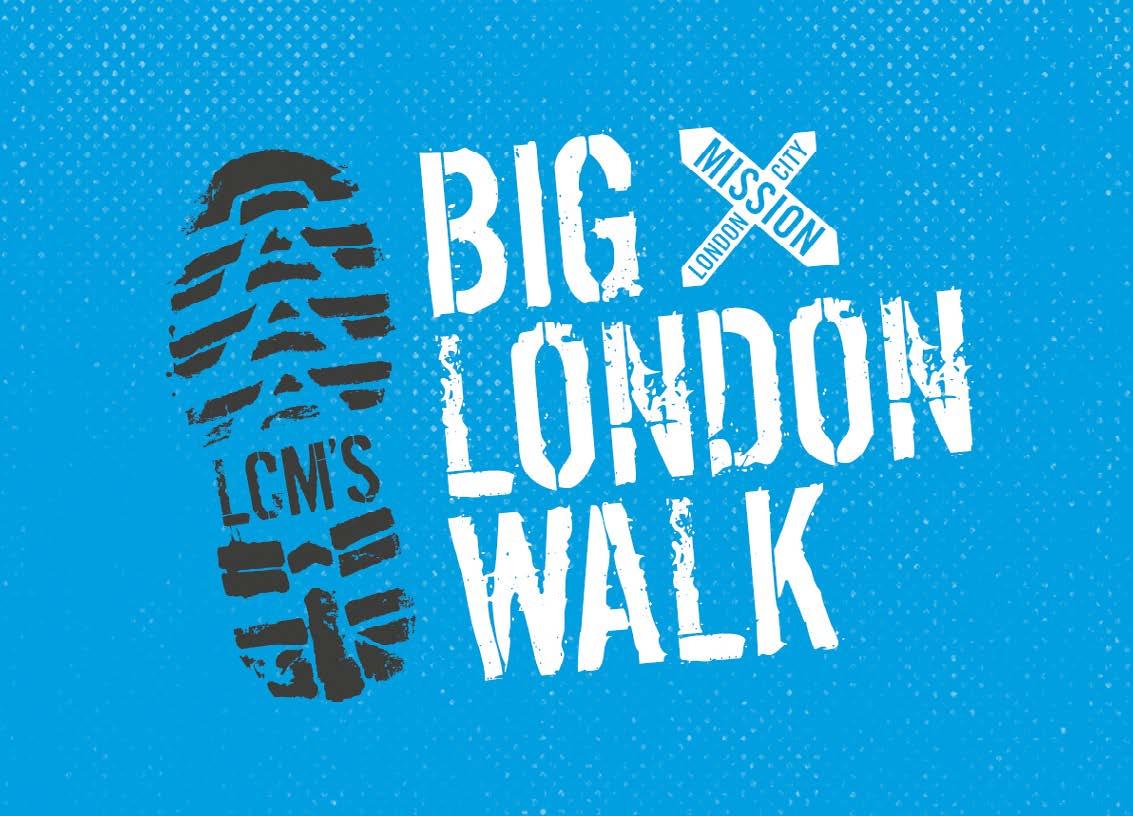2 minute read
DIONNE GRAVESANDE
Next Article
Records indicate that on board the Empire Windrush were 257 female passengers from all over the Caribbean – 188 of them travelling alone. They were bold and pioneering women, leaving everything behind, to better their own and their families’ lives. They were nurses, teachers, cleaners and caregivers who worked hard to support their families and contribute to their communities.
Black churches were an important source of emotional and spiritual support to Windrush Women and helped them to navigate the complex and often hostile landscape of British society. Racism and discrimination were rife in the UK in the 1950s and 1960s, and Windrush Women were often the targets of this prejudice. Black churches offered a safe space where women could gather to discuss their experiences of racism and discrimination and work together to challenge these injustices and call for change. Churches provided a platform for women to speak out about their experiences, hopes and fears, and gave them a sense of purpose and meaning. This was particularly significant for women who had left their families and support networks behind.
Many of the Windrush men and women had been leaders in their communities in the Caribbean, and they brought these skills with them to the UK. They received many leadership and empowerment opportunities in the Black churches to use their skills and to take on leadership roles. This was especially important for women who faced discrimination in other parts of society and who were often excluded from positions of power.
Their lives changed dramatically, however, when the UK government introduced the ‘hostile environment’ policy in 2012, which aimed to make life so difficult for illegal immigrants that they would voluntarily leave the country. The Windrush Women were caught up in this policy, even though they were legal citizens with the right to live and work in the UK. Many of them had never been issued with a passport, as they had arrived in Britain before the countries of the Commonwealth had gained their independence. The Windrush Women's experiences were a tragic example of the structural racism that still exists in Britain today. They were discriminated against because of their race, and their contributions to British society were ignored or dismissed. However, despite their suffering, many of them showed incredible resilience and strength, drawing on their faith, forgiveness and rage to cope with the injustice they faced. to the late Queen, said that her faith helped her to see the humanity in others, even those who had hurt her. She said: “My faith teaches me that we are all God's children, and we must love and respect each other, even when it is difficult.”
Faith was a powerful tool for many Windrush Women, who turned to their religion to find solace and hope. For example, Yvonne Smith, a Windrush descendant and former nurse, said that her faith helped her to “keep going” when she was facing deportation. She said: “I had to have faith that everything would work out in the end, even though I didn't know how.” Similarly, Rev Rose Hudson-Wilkin, a Windrush descendant and former chaplain
Forgiveness was another essential tool for many Windrush Women, who chose to forgive those who had wronged them, even when it wasn’t easy. For example, Paulette Wilson, a Windrush descendant and former chef, forgave the government for wrongly detaining her and threatening to deport her to Jamaica, even though she had lived in the UK for over 50 years. She said: “I had to forgive them, not for their sake, but for my own sake. If I hadn’t forgiven them, I would have carried that anger with me for the rest of my life.” Faith, hope and resilience are three fundamental aspects to leading a fulfilling life and, as I read the testimonies of these Windrush Women, I see these three qualities working together in a complementary way to help navigate the injustices they experienced.
The Windrush Women’s deep-seated faith and courageous hope in God demonstrates a God-given resilience in the face of adversity, which in some cases helped them to emerge stronger and more confident than before, enabling these women to become the best versions of themselves.

